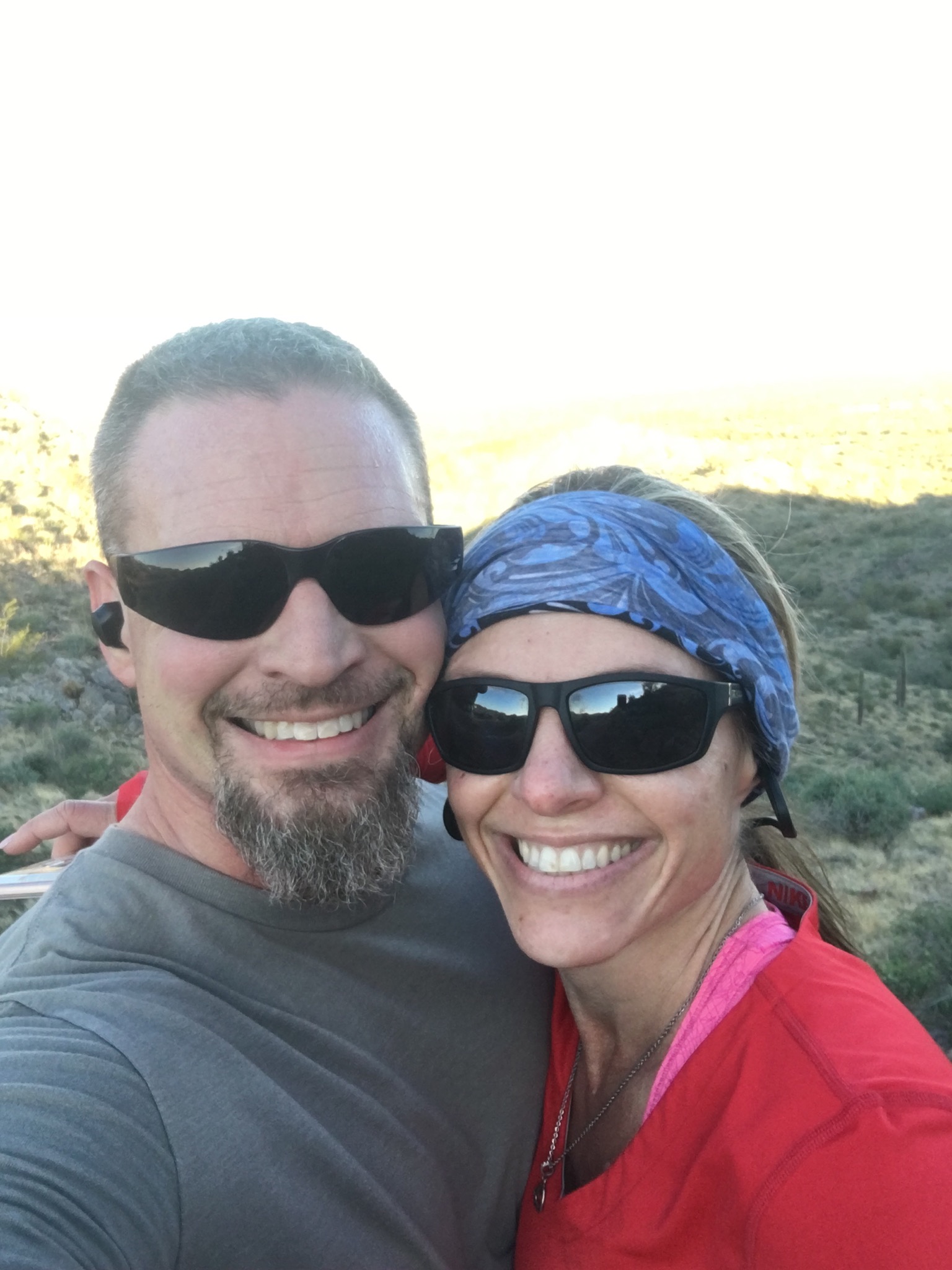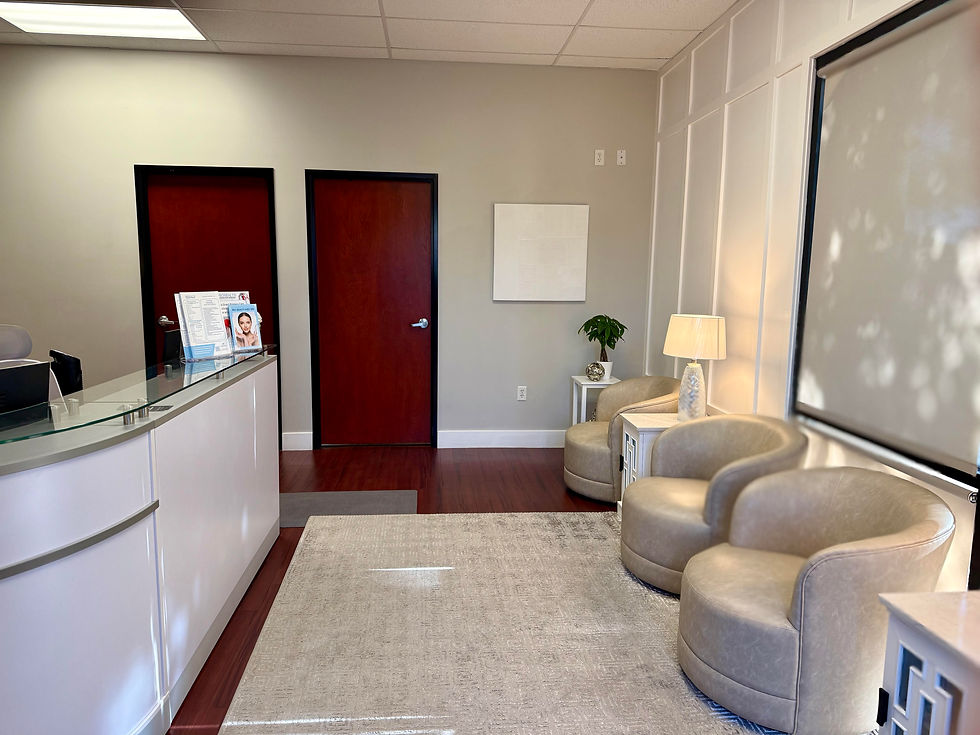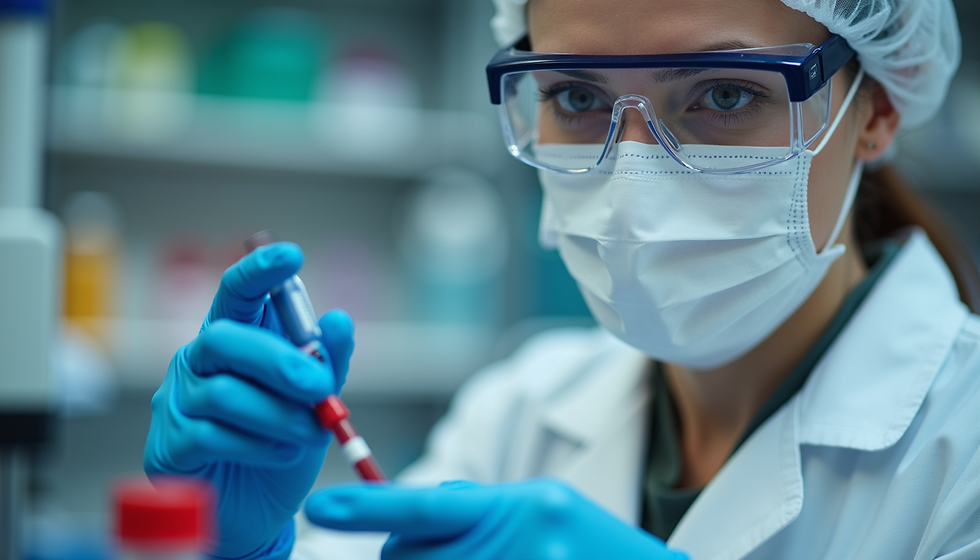Unlocking the Fountain of Youth: The Surprising Power of Biological Age
- Kristina Reynolds

- Oct 29, 2024
- 4 min read

Imagine discovering a way to learn your true age—not just the count of birthdays you’ve had but a deeper understanding of how your body is functioning. This is the concept of biological age, and it offers fascinating insights into your overall health and the risk of age-related diseases.
Biological age presents a more accurate picture of how your body is aging at a cellular level. While chronological age simply ticks away, biological age can reveal crucial information about your condition and health status.
Understanding biological age opens the door to lifestyle changes specific to you, that could slow down the aging process and enhance the quality of your life. Unlike chronological age, which remains static, biological age is dynamic and can be influenced by simple changes in your diet, exercise, stress management, and environmental factors.
What is Biological Age?
Biological age refers to your body's physiological condition compared to your chronological age. It is determined by analyzing various biomarkers and health metrics, such as blood pressure, cholesterol levels, and even genetic factors.
Two people may share the same chronological age, but their biological ages can vary dramatically. For example, take two 50-year-olds: one may have a biological age of 45, while the other may be 55. This difference speaks volumes about their lifestyle choices and health.

Why Biological Age Matters
Better Predictor of Health
Biological age is gaining attention for its ability to better predict health outcomes. Unlike chronological age, biological age provides valuable insights into chronic conditions like heart disease, diabetes, and cognitive decline. Research suggests that individuals with a biological age that is significantly lower experience fewer age-related diseases.
For instance, a study published in The American Journal of Clinical Nutrition found that participants with a biological age five years lower than their chronological age had a 30% reduced risk of developing heart conditions.
Personalized Approach to Health
Focusing on biological age allows for a more personalized health approach rather than adopting generic wellness advice. If someone learns that their biological age is higher than expected, they may prioritize nutrition, exercise, and stress reduction. This tailored approach often leads to effective and lasting changes.
For example, a person could shift towards a plant-based diet rich in fiber and antioxidants, which a study found could potentially reverse biological age by up to four years.
Potential to Slow Aging
The most thrilling aspect of biological age is its potential to slow down aging. While we can't stop aging entirely, we can make choices that affect it. Research indicates that lifestyle modifications—like engaging in physical activity, following a nutritious diet, and practicing mindfulness—can lower biological age.
For example, a 2020 study showed that participants who committed to a regular exercise regimen for six months reduced their biological age by an average of 2.5 years.
Identifying Risk Factors
An essential benefit of determining biological age is its effectiveness in identifying disease risk. Recognizing a biological age that diverges significantly from chronological age can highlight key health concerns and prompt proactive steps.
For example, if someone discovers a higher biological age, it could encourage them to seek preventative screenings or dietary changes. Early intervention can lead to healthier, more active years.

The Lifestyle Choices That Affect Biological Age
Biological age is a reflection of our lifestyle choices. Here’s how diet, exercise, stress, and environmental factors play significant roles:
Diet
Diet is one of the most important influences on biological age. A balanced diet, rich in whole grains, lean proteins, healthy fats, and colorful fruits and vegetables, can help reduce inflammation linked to aging. For instance, a study demonstrated that adherents to the Mediterranean diet showed a biological age up to three years younger than those who consumed a standard Western diet. Conversely, high intake of processed foods and sugars can accelerate aging.
Exercise
Physical activity is another critical element. Regular exercise boosts cardiovascular health, builds muscle strength, and enhances the immune system—all factors in maintaining a younger biological age. It is recommended to mix aerobic exercises, strength training, and flexibility workouts. Aiming for at least 150 minutes of moderate aerobic activity each week can yield significant health benefits.
Stress Management
Managing stress effectively contributes to a younger biological age. Chronic stress is linked to several health complications, including increased inflammation and weakened immune responses. Incorporating mindfulness practices such as yoga, meditation, or even regular deep-breathing exercises can enhance well-being. In fact, research has shown that individuals who practice mindfulness techniques report measurably lower biological ages.
Environmental Factors
Environmental exposures, such as pollution and toxins, can impact biological age as well. Minimizing exposure to harmful chemicals and ensuring access to clean air and water play a crucial role in fostering healthier aging. For instance, studies have found that living in greener environments can reduce biological age by promoting overall well-being.

Steps to Determine Your Biological Age
Determining biological age is now more achievable thanks to advancements in technology and science:
Consult a Healthcare Provider: A healthcare professional can evaluate various biomarkers and suggest specific tests to provide an accurate biological age assessment. At Pro Health Functional Medicine, we offer a test called TruAge Complete Collection for our patients. This test not only determines biological age, but also provides an individualized action plan.
Use Biological Age Calculators: Online calculators can provide a rough estimate of biological age based on a questionnaire about lifestyle, diet, and medical history. While not exact, they can still yield useful insights.
Genetic Testing: Advanced methods, including genetic testing, can analyze DNA to measure biological age at a cellular level, providing deeper insights into health.
Embracing a New Perspective on Age
Understanding biological age allows us to rethink our approach to health. It empowers individuals to take charge and make informed decisions that can have lasting impacts on their lives. By prioritizing biological age over chronological age, we embrace a healthier path toward longevity and vitality.
With proper nutrition, regular exercise, effective stress management, and attention to environmental factors, we can lower our biological age and enhance our quality of life. So next time you reflect on your age, remember it is not solely about the years you have lived but also about the state of your health and well-being. While time passes, the vitality of your cells truly tells the story of your age.
To schedule with one of our functional medicine providers to request biological testing today please contact us at 480.306.4372.




Comments